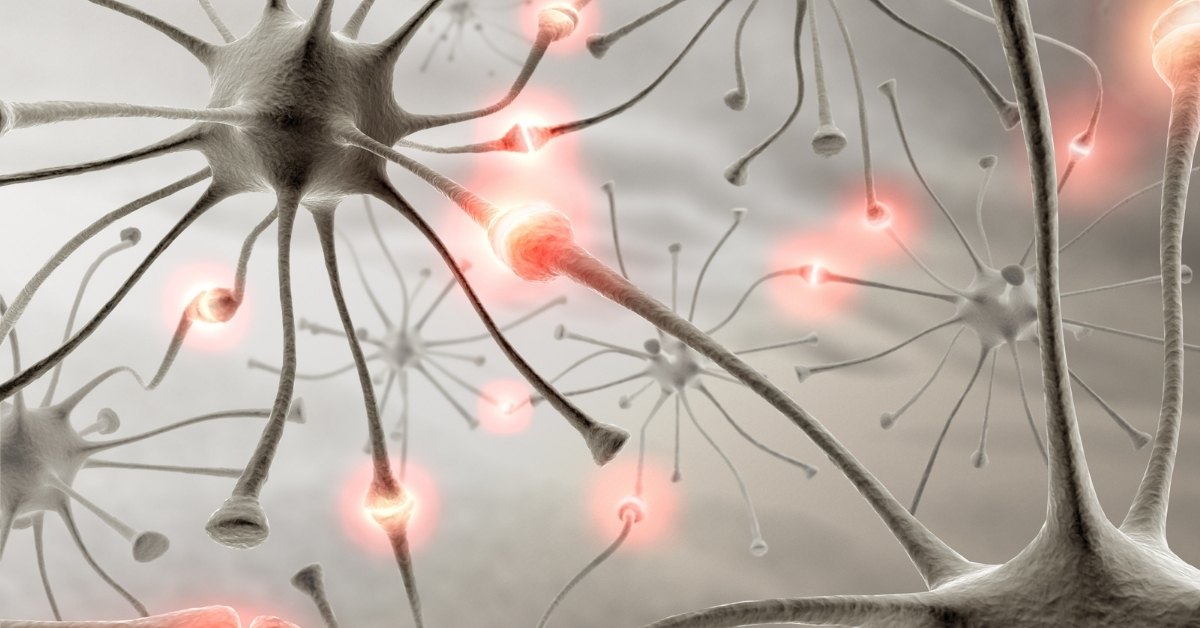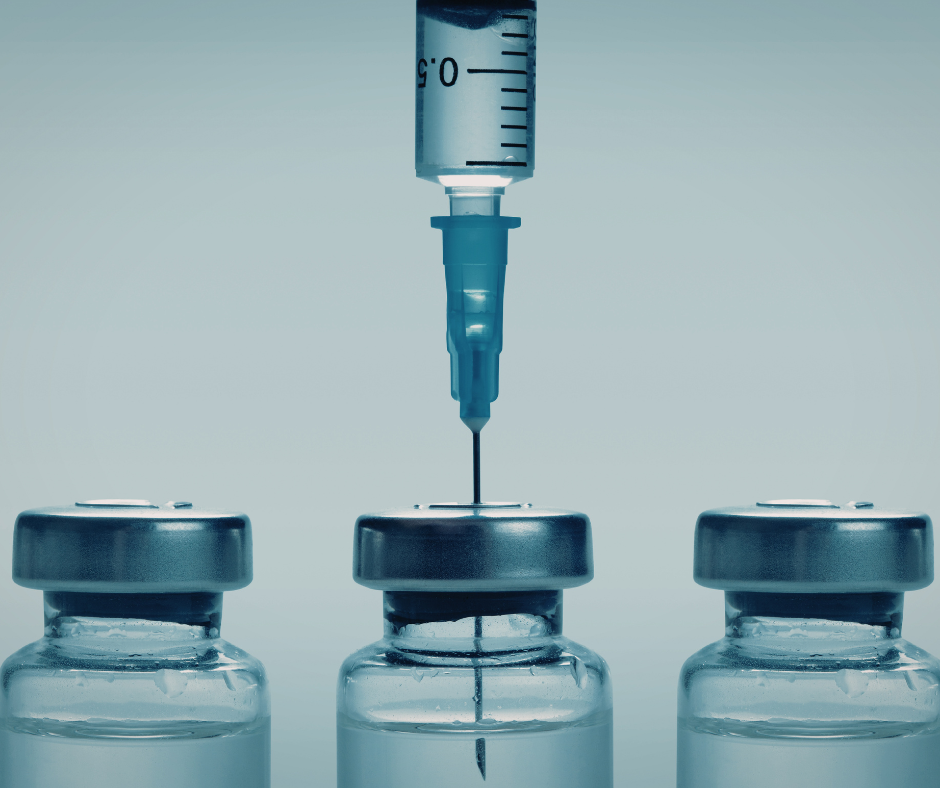There are so many different types of hormones that control the vital functions of your body. While there are many types of hormones, there are actually three classes in which these hormones are categorized. The goal here is to help you better understand these different classes of hormones and understand the difference between enzymes and hormones. This can be valuable information to know, especially if you have concerns about your hormones being out of balance.
3 Classes of Hormones and How They are Used
The first thing to look at is the different classes of hormones and how the body uses them. This section will take a closer look at these different classes of hormones.
1. Lipid Hormones
Lipid hormones also referred to as lipid-derived hormones and lipid-soluble hormones, are typically derived from cholesterol. The primary class of these lipid hormones is steroid hormones, which is the category where you’ll find testosterone, estrogen, cortisol, and aldosterone. These are transported through the blood by proteins to stay in circulation for a longer period of time than other hormones such as peptide hormones.
These hormones enter into the cells and bind to the DNA to regulate gene transcription and change the cell’s activities by inducing the production of proteins. These remain in the body to help it function effectively, especially when it comes to sexual function.
2. Amino Acid-Derived Hormones
The hormones within this category are typically small molecules derived from tryptophan and tyrosine, amino acids. You can typically tell which hormones are amino acid-derived based on the fact that these hormones end in “-ine.” Some of the most commonly known types of these hormones include norepinephrine and epinephrine.
These types of hormones are stored until the body needs them. For instance, melatonin is secreted to regulate sleep cycles. Epinephrine is released to trigger the fight or flight instinct that we have.
3. Peptide Hormones
Peptide hormones include different hormones that are created with polypeptide chains, such as oxytocin and antidiuretic hormones. These are produced in the brain and then released into the bloodstream in the posterior pituitary gland. These hormones also include small proteins, including the growth hormones and the follicle-stimulating hormones produced by the pituitary glands.
There are also secreted hormones, including insulin, which are stored in the cells that synthesize them. They are then released in response to specific stimuli, such as when insulin is secreted in response to high blood sugar levels.
Understanding the Difference between Enzyme vs. Hormone
There are numerous differences between enzymes and hormones, the most important is that enzymes are the catalysts for a reaction. In contrast, hormones are messengers that are responsible for triggering the various vital functions in the body. Another significant difference is the chemical compositions of enzymes and hormones. Here is a closer look at the differences between the two that can help you better understand them.
Enzymes
- The catalyst accelerates the rate of a reaction in the body.
- Primarily composed of proteins.
- It can be reused, as the chemical composition is retained after use.
- External factors, such as temperature and pH levels, can impact the regulation of enzymes.
- Enzymes are not able to diffuse through the cell membrane.
- Enzymes are produced by exocrine glands, such as sweat glands and salivary glands.
- They are not impacted by age.
- They are formed and then act where they are produced.
- Some types of enzymes include lipase, amylase, and protease.
- Enzymes can act very quickly.
Hormones
- Messengers, which trigger the various functions within the body.
- Primarily composed of amino acids, proteins, and steroids.
- The chemical composition does change after each use, which means they may or may not be reused.
- External factors don’t impact hormones as acutely as they would enzymes.
- Hormones are capable of diffusing through the cell membranes.
- Endocrine glands, such as the pituitary or thyroid glands, produce hormones.
- Hormones can be affected by age, such as puberty.
- Hormones aren’t formed and act at the same spot. Rather they can be formed and acted throughout the body.
- Examples of hormones include insulin and melatonin.
- Hormones can either act quickly or slowly, depending on the hormone.
Hormone Treatments
Different treatments utilize hormones, which can be used for a variety of different purposes. Sometimes these treatments can even help with cancer. Some hormone treatments include:
- Bioidentical Hormones (Bioidentical Hormone Replacement Therapy/BHRT)
These are hormones that are produced by the ovaries, including testosterone, progesterone, and estrogen. These are known for being a natural approach to hormone replacement therapy.
- Hormone Treatments from Other Animals
There are also hormone treatments that are derived from species that are not human. These are often concerned natural, despite not being native to women. These can still provide adequate treatment for people who are suffering from menopause.
- Synthetic Hormones
These hormones are typically used in birth control pills and certain types of hormone replacement therapy. Synthetic estrogen is generally well-tolerated, but there may be some side effects when using synthetic progastrin.
- Cancer Hormone Therapy Treatments
Hormone therapy treatments are used in cancer patients who have breast cancer, prostate cancer, endometrial cancer, and adrenal cancer. Depending on the specific hormones or type of cancer being treated, these treatments can be taken through either oral drugs or injectable drugs. They may also surgically remove the organs responsible for making hormones.
Conclusion & Getting Started with BHRT
The body is made up of so many different moving parts that it can be overwhelming to understand. As complex as the body can be, understanding hormones can be very beneficial to you. If you have any questions or concerns about your hormones, you can talk to your doctor or even see a hormone specialist such as EVOLVE.
Taking BHRT to relieve the myriad of symptoms that people experience due to a hormone imbalance can be life-changing and has never been easier. As long as you bear in mind your risk factors and ensure that you are taking the correct hormones, there is no reason why you can’t enjoy the vast benefits that hormone therapy can provide for men and women alike.
With EVOLVE, your initial cost will be around $500, but for that, you will receive a comprehensive medical assessment and lab work to start your treatment. You can then rest assured that you are receiving precisely the right balance of hormones for you. All this and your medication will be delivered straight to your door! What is not to like?
Find out more about how hormone treatment could change your life, and schedule a call with Patient Care @EVOLVE today!






